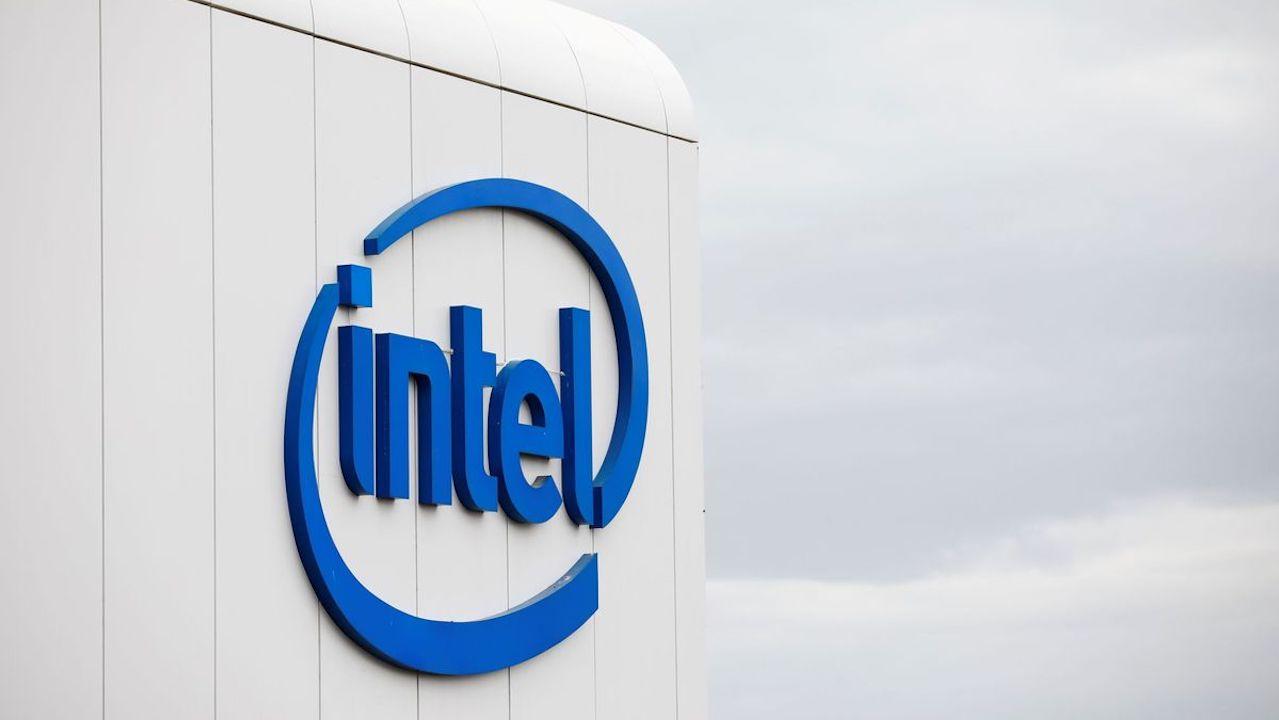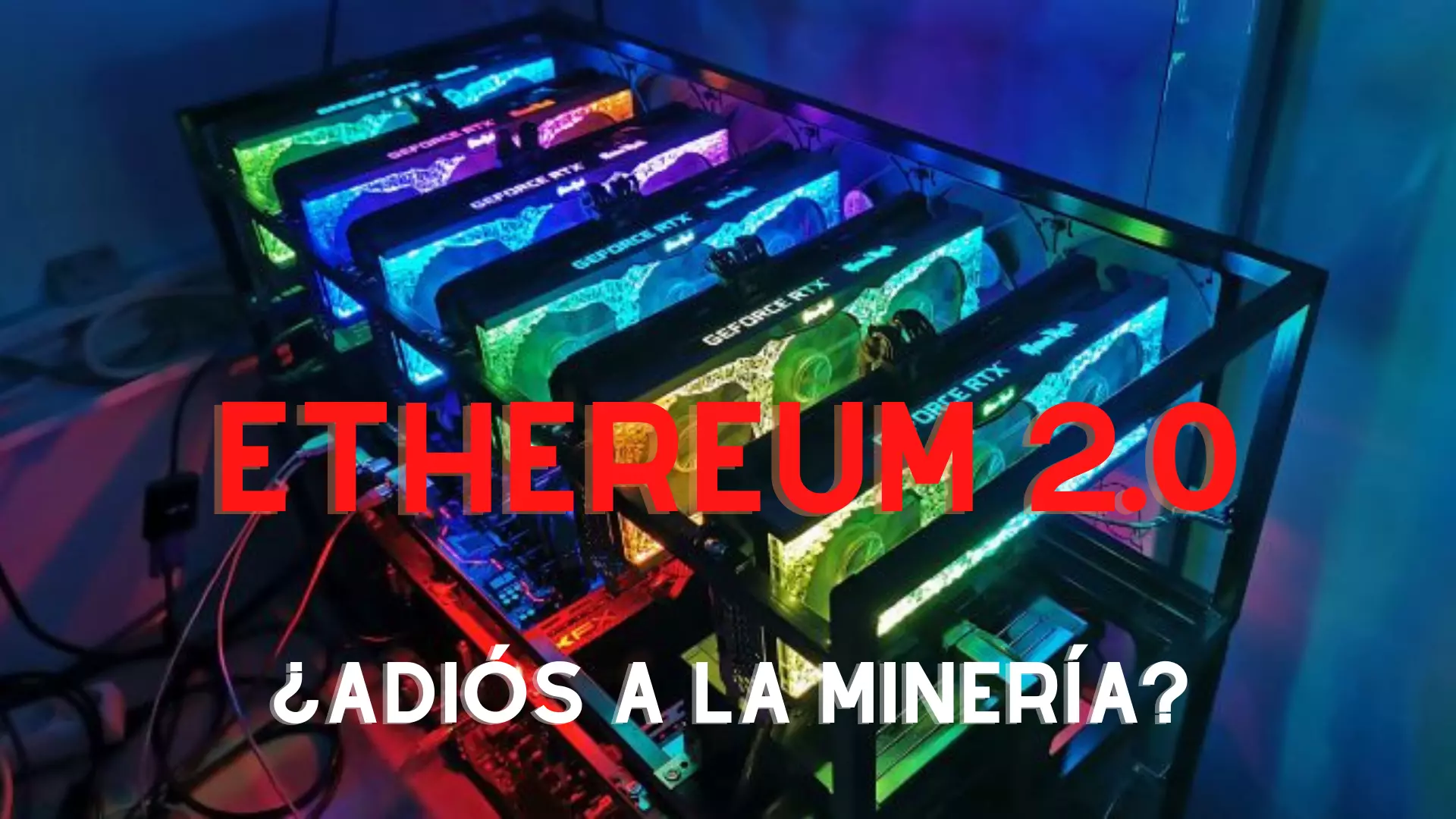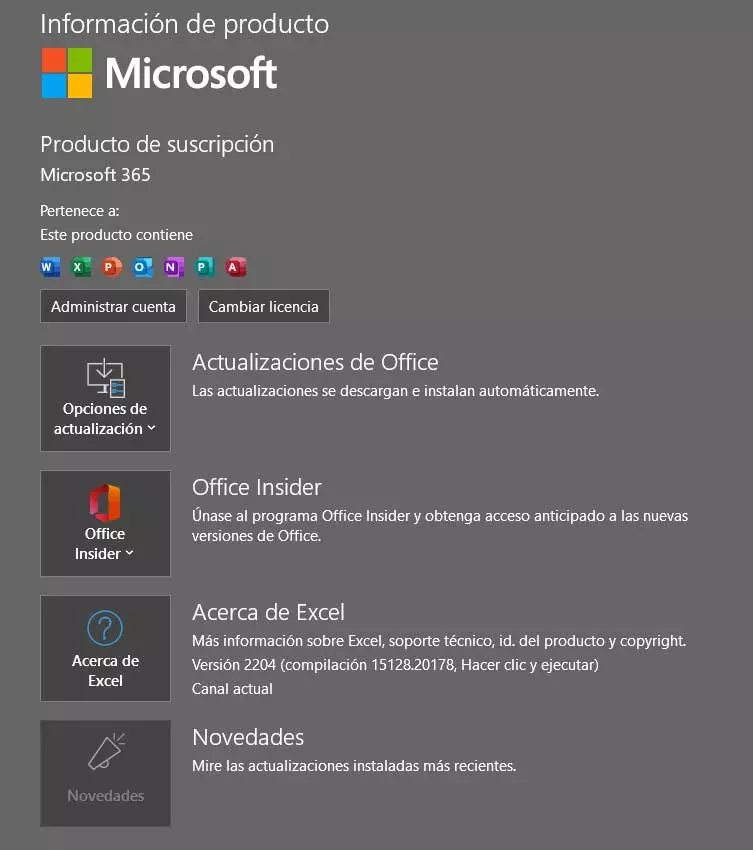
Intel’s factory in Europe would be further and further away if the country led by Olaf Scholz does not change its intentions.
What is going to happen?
The Financial Times revealed in its latest report the challenges that Intel is experiencing in our continent. Negotiations have not been easy and, although Germany gave in on some occasions to Intel’s demands, it seems that they have reached their limit and the agreement for the factory to be established in Europe is in jeopardy. Is it possible for Germany to flex and host one of the largest chip manufacturing plants after taking this position, or is the negotiation already broken?
Germany has tired and its resources too, so it’s up to Intel if the project goes ahead or not, but it seems that our European neighbor will not continue to stretch this. It was the German Finance Minister himself, Christian Lindner, who surprised the United States by announcing this decision, announcing that your country will not accept Intel’s demands regarding an increase in spending and investment by the German government to ensure the construction of the chip plant in the German city of Magdeburg.
The cost of such a factory amounts to a staggering €17 billion, and Lindner has emphasized that Germany cannot afford such additional investment, saying:
“We do not have more funds in the budget. Right now, we are focused on consolidating our finances, not expanding them.”
At first Intel asked the German government for an investment of 6,800 million euros, however now it would be 10,000 millionsomething that we understand will generate conflict between the two since the amount is not similar to the one initially agreed and for which both would agree.
For now we know nothing more than the statements of the minister, who in no way spoke of the project not going to be carried out, but that on their part they are not going to invest more money, therefore they would be looking for an agreement that not occur if that could trigger on that end.
Last year, the European Commission launched the EU Chip Law, with the goal of allocating 43 billion euros to the semiconductor industry in Europe. This move was attractive to companies like Intel. However, Intel currently seems to be struggling due to rising prices.
For now we do not have much more information, nor if there is a plan B for Intel to consolidate its factory in another European country, although if this fails, we doubt that in the short term there will be a candidate who supports all the demands of the brand.
For now we will be attentive to the following changes and statements by both parties and we will see if they finally manage to end well or have both made an enemy.
Source: Wccftech




